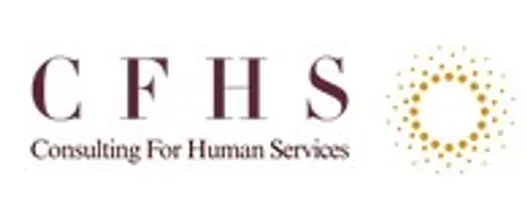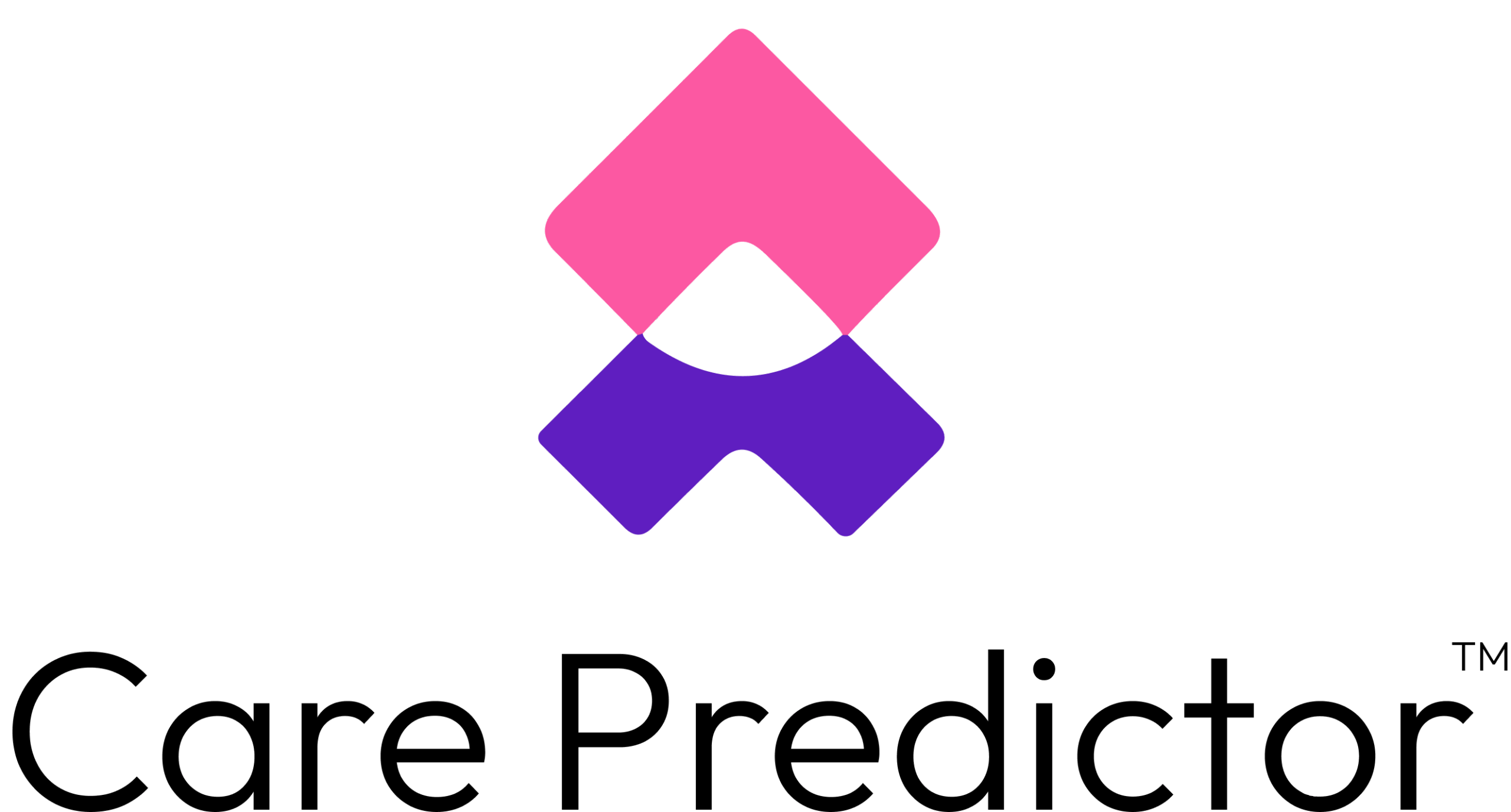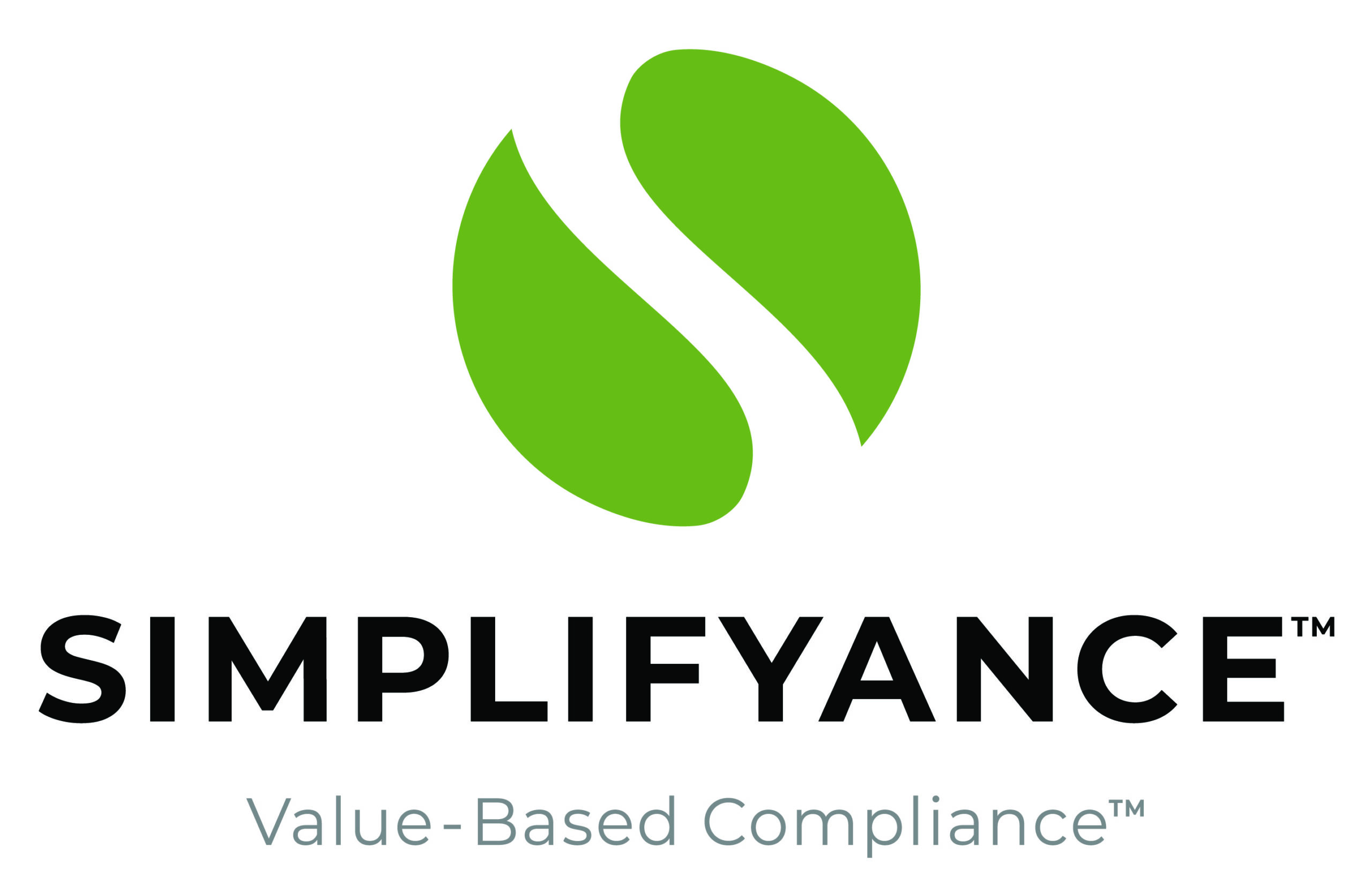Massachusetts Behavioral Health Facility Licensing: Steps and Requirements
Are you planning to open a detox, substance use disorder (SUD) treatment facility, or mental health facility in Massachusetts? Navigating the state’s licensing process is essential to ensure your facility meets all legal requirements and operates safely. Whether you plan to offer Detox, Residential Treatment, Partial Hospitalization Programs (PHP), or Intensive Outpatient Programs (IOP), ensuring compliance with Massachusetts regulations will help your facility meet state standards. Let Atlantic Health Strategies assist you in getting your facility licensed and ready to serve your community in Boston, Cape Cod, or anywhere else in the Bay State.
In Massachusetts, certain healthcare facilities, including behavioral health facilities, may require a Determination of Need (DoN) before beginning operations. The Massachusetts Department of Public Health (DPH) oversees the DoN process, ensuring that new healthcare facilities provide value to the community and avoid duplicating services.
When is a DoN Required?
A DoN is generally required for new facilities providing inpatient services, such as Residential Treatment and Detox. Outpatient services, such as PHP and IOP, might not require a DoN, but it’s crucial to verify based on your specific facility type and location.


In Massachusetts, behavioral health facilities must adhere to specific licensing requirements based on the type of services offered. Licensing is managed by the Department of Public Health (DPH), Bureau of Substance Addiction Services (BSAS) for SUD programs, and the Department of Mental Health (DMH) for mental health services.
Licensing for Substance Use Disorder (SUD) Facilities
Facilities offering SUD treatment services, including Detox, Residential Treatment, PHP, and IOP, must comply with the state regulations under the oversight of DPH, BSAS.
Detox Facilities: To operate a detox facility in Massachusetts, you must obtain a license from the Bureau of Substance Addiction Services (BSAS). These facilities must provide medically supervised detoxification services, ensuring patient safety through round-the-clock care from licensed medical professionals. Compliance with BSAS standards for staffing, safety, and patient care is required.
Residential Treatment Centers for SUD: Facilities providing residential treatment for substance use disorders must offer 24-hour care in a structured environment. The DPH, BSAS outlines requirements for staffing, individualized treatment plans, program structure, and health and safety standards.
PHP and IOP for SUD: Partial Hospitalization Programs (PHP) and Intensive Outpatient Programs (IOP) for substance use disorder treatment must adhere to BSAS licensing standards. These facilities must provide structured, intensive care with specific requirements for therapeutic programming, staffing, and emergency preparedness.
Licensing for Mental Health Facilities
Mental health facilities, including Residential Treatment Centers, PHP, and IOP, must be licensed by the Department of Mental Health (DMH). Facilities that provide psychiatric services may also need to meet additional licensing requirements under DMH regulations.
Residential Treatment Centers for Mental Health: These facilities provide 24/7 care in a structured, therapeutic setting and must meet DMH standards for individualized care, staffing ratios, safety protocols, and program content.
PHP and IOP for Mental Health: Programs offering partial hospitalization and intensive outpatient services for mental health must comply with DMH standards. This includes therapeutic program requirements, staff qualifications, and ensuring patient safety.
Determine the Type of License You Need: Decide whether your facility will provide substance use disorder (SUD) services or mental health services. Your choice will guide your licensing application process with DPH, BSAS or DMH.
Apply for a Determination of Need (DoN), if Required: If your facility will offer inpatient services like Detox or Residential Treatment, you may need to apply for a DoN through the Massachusetts Department of Public Health (DPH).
Review State Regulations: Familiarize yourself with the licensing standards from the Department of Public Health (DPH) or the Department of Mental Health (DMH). Be sure to review relevant guidelines on the DPH, BSAS or DMH websites for your specific program type.
Prepare Your Application and Documentation: Gather the necessary documentation, including a detailed facility plan, staffing proposals, treatment program descriptions, and proof of compliance with state health, safety, and care standards.
Submit Your Application: Submit your completed application and all supporting documentation to either BSAS or DMH, depending on your facility’s focus. Make sure your submission is thorough and accurate to avoid processing delays.
Prepare for Inspection: Your facility will undergo a site inspection to ensure compliance with DPH, BSAS or DMH standards for safety, patient care, staffing, and operational quality. Be prepared to demonstrate your adherence to state regulations.
Receive Your License and Start Operating: Once your facility passes inspection and meets all licensing requirements, you will receive your license and can begin offering services to those in need.


Behavioral health facility licensing in Massachusetts is overseen by two primary agencies: the Department of Public Health (DPH), Bureau of Substance Addiction Services (BSAS) for substance use disorder (SUD) facilities and the Department of Mental Health (DMH) for mental health services. Both agencies set forth specific regulations, ensuring that behavioral health facilities meet the highest standards for patient care, safety, and staffing.
Key Requirements for Licensing in Massachusetts
Compliance with State Regulations: All behavioral health facilities must adhere to the regulatory standards set by DPH or DMH. These include patient care requirements, staffing ratios, safety protocols, and program structures that are essential for licensure.
Staffing and Program Requirements: Massachusetts mandates specific staffing ratios for different levels of care. Ensure your facility meets these requirements by hiring licensed professionals, including physicians, therapists, nurses, and support staff, as specified by DPH, BSAS or DMH.
Facility Compliance: Your facility must comply with Massachusetts state standards for health, safety, and patient accessibility, including emergency protocols and compliance with local zoning and building regulations.
Therapeutic Program Structure: Whether you’re opening a Detox, Residential Treatment Center, PHP, or IOP, your treatment programs must meet the therapeutic and clinical service standards outlined by DPH, BSAS or DMH.
Navigating the behavioral health facility licensing process in Massachusetts can be complex. Atlantic Health Strategies offers expert guidance to help you comply with DPH and DMH regulations. From initial planning to final inspections, we ensure your facility meets the necessary standards for a smooth licensing process. Our team is here to help you open your doors quickly, so you can focus on delivering the best care to your community.
Contact Us Today!
Ready to start your licensing journey in Massachusetts? Contact Atlantic Health Strategies today, and let our experts guide you through the DPH and DMH licensing process. We’ll help you navigate the complex requirements and get your facility licensed without hassle!





